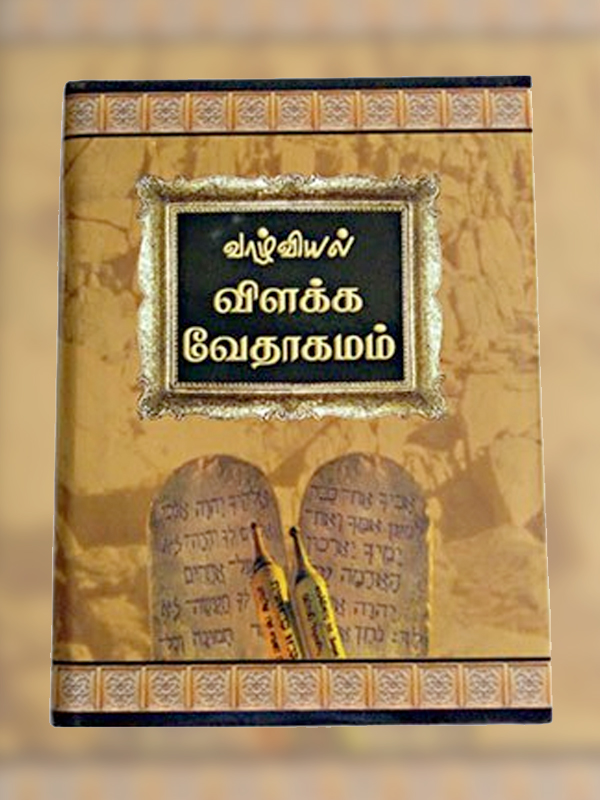
As noted above, God directed that his name be included in his Word some 7,000 times. Those who argue that Almighty God does not need a unique name ignore evidence that early copies of his Word, including those preserved from before the time of Christ, contain God’s personal name. Still others believe that since no one can be sure of the exact pronunciation of God’s name, it is better just to use a title, such as “Lord” or “God.” Such objections, however, lack merit for the following reasons:

Others appear to have been influenced by the Jewish tradition of avoiding the use of the name, perhaps out of fear of desecrating it. Some feel that Almighty God does not need a unique name to identify him. Why is the name missing from many Bible translations? The reasons vary. The text is in the style of the Hebrew letters commonly used after the Babylonian exile, but the Tetragrammaton appears repeatedly in distinctive ancient Hebrew letters Why, then, is God’s name missing from many Bible translations? Why does this translation use the form “Jehovah”? And what does the divine name, Jehovah, mean?Įxcerpts from the Psalms in a Dead Sea Scroll dated to the first half of the first century C.E. For example, he inspired the prophet Joel to write: “Everyone who calls on the name of Jehovah will be saved.” ( Joel 2:32) And God caused one psalmist to write: “May people know that you, whose name is Jehovah, you alone are the Most High over all the earth.” ( Psalm 83:18) In fact, the divine name appears some 700 times in the book of Psalms alone-a book of poetic writings that were to be sung and recited by God’s people. Jehovah God himself directed Bible writers to use his name.


While the inspired writers refer to God by many titles and descriptive terms, such as “Almighty,” “Most High,” and “Lord,” the Tetragrammaton is the only personal name they use to identify God. This translation renders those four letters, known as the Tetragrammaton, “Jehovah.” That name is by far the most frequently occurring name in the Bible. The divine name, represented by the four Hebrew consonants יהוה, appears nearly 7,000 times in the Hebrew Scriptures. The divine name in the Hebrew letters used after the Babylonian exile


 0 kommentar(er)
0 kommentar(er)
